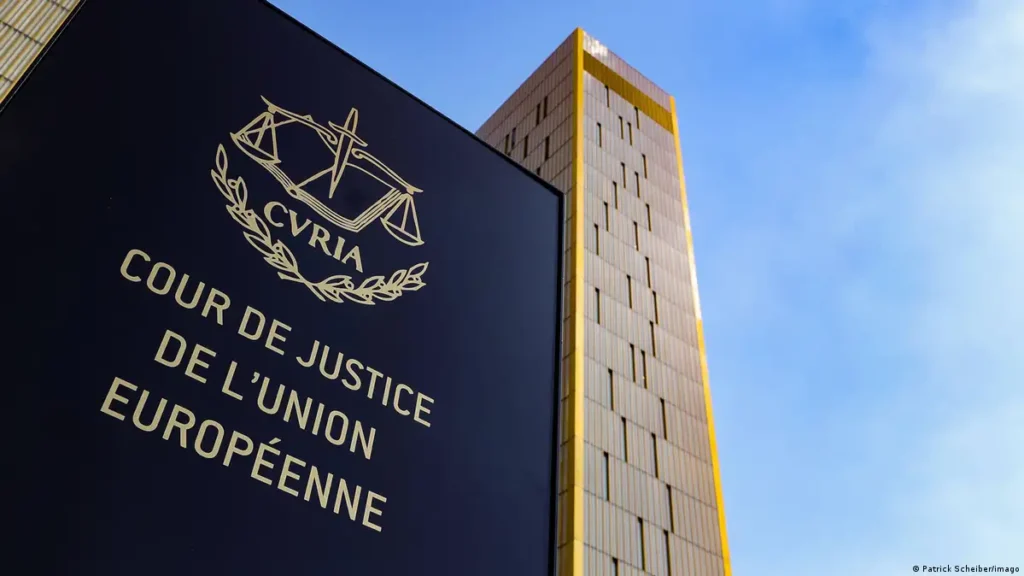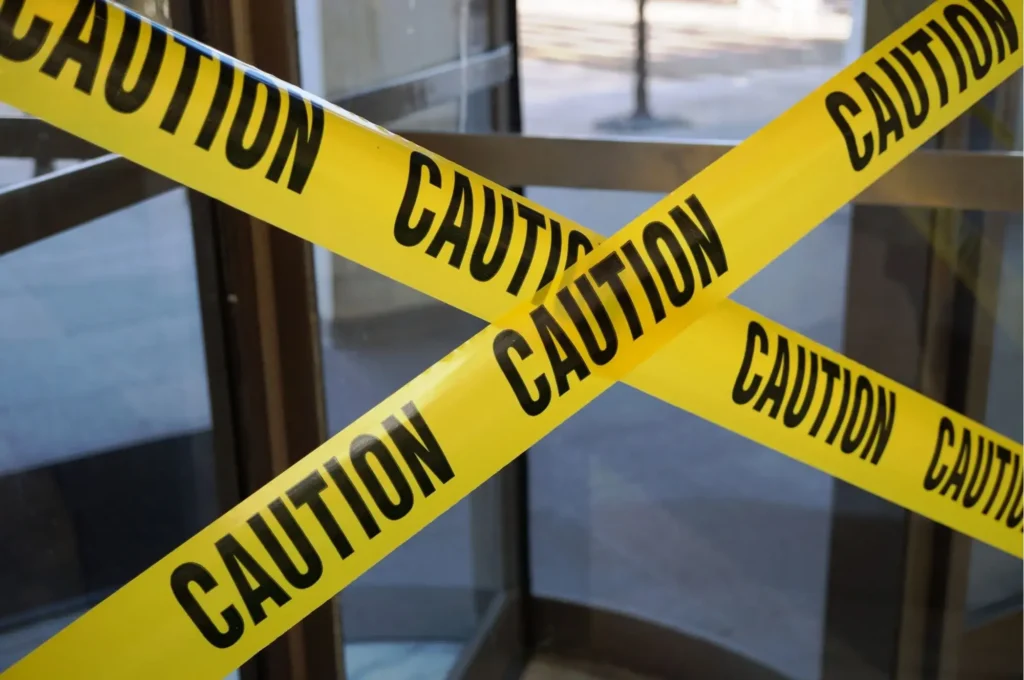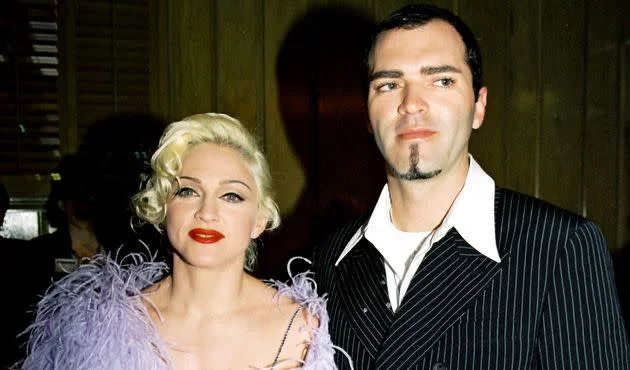Georgia Teen Shooting: Teen and Father Remain in Custody Following School Shooting Charges
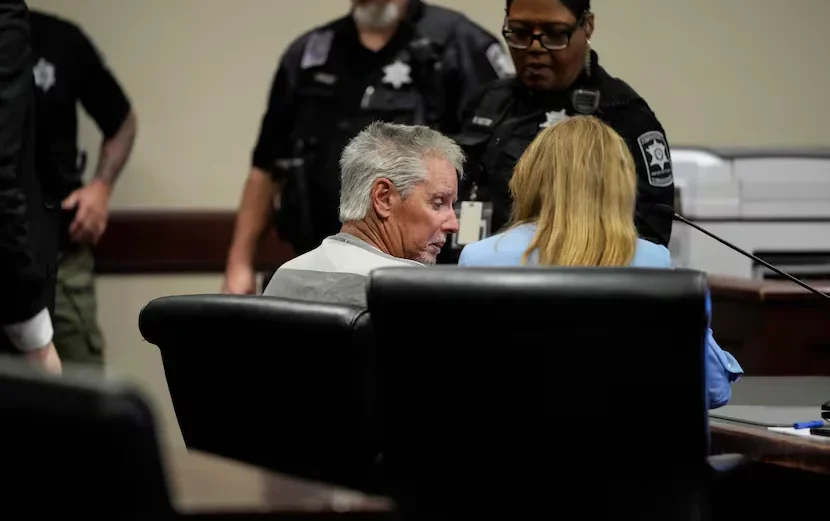
The tragic Georgia school shooting at Apalachee High School in Winder has left the entire community shaken. A 14-year-old teen, Colt Gray, is now facing serious charges, accused of using a semi-automatic weapon to kill two students and two teachers.
(Also read Father of Teen Suspected in US School Shooting Taken into Custody.)
Colin Gray, his father, is also detained and may face prosecution for his suspected involvement in facilitating Apalachee High School shooting suspect’s acquisition of the gun used in the atrocity.
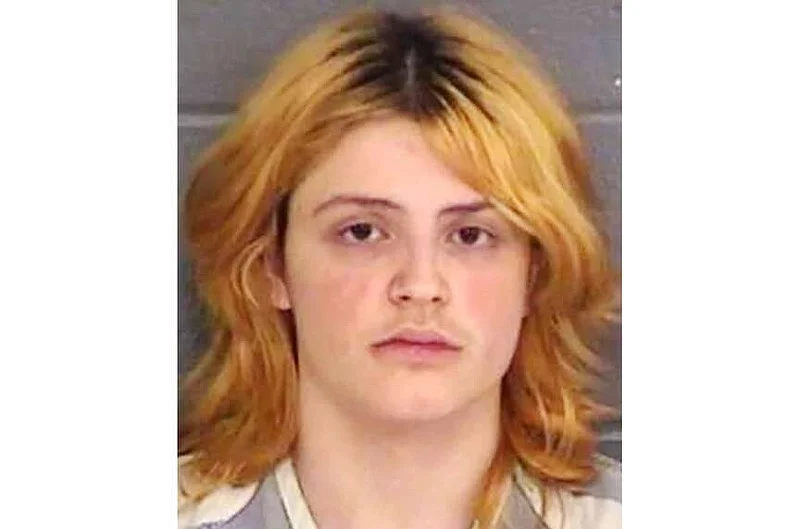
At the heart of this case is Colt Gray, a 14-year-old Georgia teen charged in a school shooting that claimed the lives of Mason Schermerhorn, Christian Angulo, Richard Aspinwall, and Cristina Irimie. These people were more than just names; they were educators and students whose lives had been tragically cut short before they could even begin. The nature of the charges against Colt is severe, and while he’s being tried as an adult, his status as a juvenile limits his maximum sentence to life without parole, rather than the death penalty.
The legal debate around trying juveniles as adults in cases of such extreme violence will certainly reignite. Is it right to hold a 14-year-old to the same standards as an adult, especially when considering the lasting impact of trauma, mental health, and the influences at home? These are the pressing questions society must grapple with.
Georgia School Shooter in Custody
The father of the Georgia school shooter in custody, Colin Gray, faces his own legal battles. He is charged with second-degree murder and involuntary manslaughter for giving his son access to a gun even though he was aware that Colt was a danger to both himself and other people. Prosecutors argue that parents must take responsibility for securing their firearms, especially when warning signs exist.
This approach to parental responsibility is not new but is gaining momentum in high-profile cases like this. The Crumbley case in Michigan serves as a recent example where parents were held accountable for their child’s actions, setting a legal precedent for future cases like the Georgia school shooting.
A Chilling Day for Georgia
The events at Apalachee High School have brought the horrors of school violence front and centre once again. Georgia school shooting incidents like this leave scars on not just the direct victims but also the broader community.
Brad Smith, the district attorney, stressed that “everyone in this community is a victim,” speaking for many. The schoolchildren, the teachers, and even parents outside the immediate circle of the victims are grappling with a sense of loss and fear.
Legal Responsibility of Parents
The Gray case has sparked renewed debates about the role of parents in school shootings. Should parents be held legally responsible when their child commits an atrocity with a weapon they provided, either directly or through negligence? Many argue that while a child may act out of their own volition, parents have a critical role in preventing such tragedies.
In a nation where gun ownership is a constitutionally protected right, this issue is particularly complicated. However, safe storage laws, like the ones debated in the aftermath of the Georgia school shooting, may offer a way forward in balancing Second Amendment rights with public safety.
A Troubled Teen and Missed Warning Signs
According to the Jackson County Sheriff’s report, authorities had investigated Colt Gray in 2023 following a disturbing post on social media. Despite the ominous nature of the post, law enforcement found insufficient evidence to pursue charges at the time. This raises another disturbing question—are we missing too many warning signs? Are there better ways to assess threats before they materialise into deadly violence?
The case against Colt Gray suggests that a more comprehensive approach to early intervention may have helped prevent the bloodshed at Apalachee High School. Whether through mental health support, closer monitoring of social media, or ensuring that firearms are securely stored, society must be more proactive in addressing the factors that contribute to these tragedies.
Community is Still in Mourning
The emotional toll on the Apalachee High School community is evident. Mourners gathered for a candlelight vigil, a scene that has unfortunately become all too familiar in the aftermath of school shootings across the U.S. Families clutched each other, and some held mementos of their loved ones, like stuffed animals, as they tried to make sense of their loss.
How do we move forward is the question that a lot of people in the community are asking these days. How do parents and teachers talk to children about such horrific events? The aftermath of the Georgia school shooting is a time of reflection, and it will take years for this community to recover fully.
National Gun Debate Reignited
As with every major school shooting, the national debate on gun control has reignited. The Georgia school shooting will undoubtedly become part of this larger conversation.
While politicians and citizens debate stricter gun laws, others focus on mental health initiatives or school security enhancements. In actuality, though, no one remedy can deal with the underlying issues that lead to school shootings. It can be difficult and contentious to strike a balance between upholding public safety and safeguarding individual liberties.
Threats Across Schools Nationwide
The ripple effect of the Georgia school shooting has been felt across the nation. Schools in Dunwoody, Georgia, and elsewhere have received numerous threats of violence, escalating fears among students and parents. Law enforcement is on high alert, and schools are considering enhanced security measures to prevent another tragedy.
These ongoing threats highlight the pervasive sense of fear that many students now experience daily. Going to school should be a safe, nurturing experience, not one marred by the potential for violence.
More Charges Expected
According to Brad Smith, the district attorney for Barrow County, Colt Gray will probably face more charges. While he is already facing four counts of murder, the victims’ families, as well as the nine injured individuals, may see additional charges brought forward.
As this case progresses, it will continue to garner national attention, particularly around the issue of accountability—both for the shooter and his parents.
A Grim Statistics of School Shootings in the U.S.
According to a database kept up to date by the Associated Press, the Georgia school shooting marks the thirty-first mass murder in American history in 2024 alone. These grim statistics serve as a sobering reminder of how pervasive the problem of gun violence has become in America.
Despite countless debates and some legislative changes, the U.S. remains plagued by mass shootings, particularly in schools, places of learning that should be sanctuaries for students.
Moving Forward-What Needs to Change?
The Georgia school shooting has reignited important conversations about gun control, the role of parents, and how to protect our schools. However, much remains unresolved. Will national or local gun laws change as a result? Will parents like Colin Gray face more scrutiny when it comes to gun ownership? And will schools be able to provide the safe environments that children so desperately need?
The community in Winder, Georgia, will mourn, but they will also demand action. Whether it is through the legal system, changes in school security, or a deeper societal conversation about gun ownership, the Apalachee High School shooting has once again forced America to confront its painful relationship with guns.
The Hearings Continue
The hearings for Colt and Colin Gray will continue, with the next one scheduled for December. Meanwhile, the Apalachee High School shooting serves as a grim reminder of the ongoing battle to ensure safety in U.S. schools.”
LATEST NEWS
DISCOVER MORE




